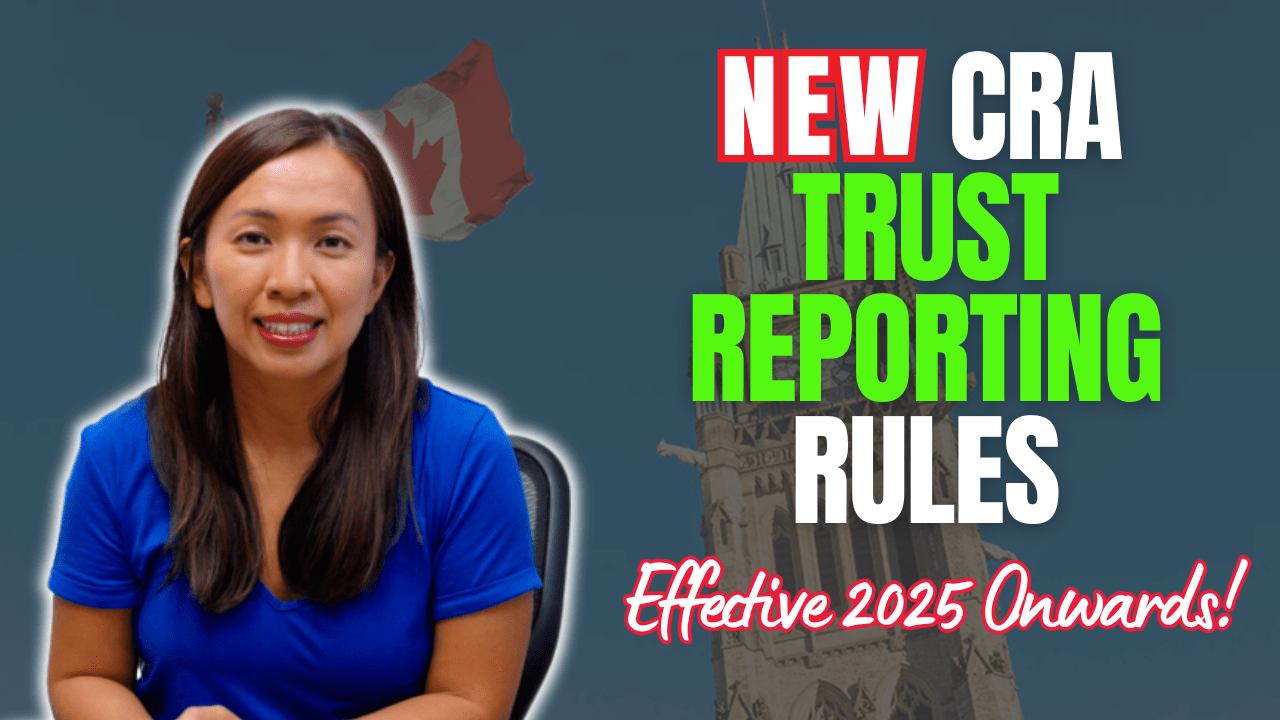Happy Canada Day.
I’ve lived in two different places in the world.
July 1 is a special day. It is also the anniversary that my hometown, Hong Kong, was handed over to China.
Sometimes I wonder how my life would have turned out if my dad didn’t make the bold move to migrate to the greatest country in the world. 😉

We have freedom of speech. We can say pretty much whatever we want, without interference by our government.
We have free health care system. It is not perfect by any means, at least no one has to choose to leave the hospital because they cannot afford to pay for medical care.
We have a strong real estate market. Our government policies and banking system allow us to borrow 80% loan to value for the most part. Investments are much easier here.
Sadly enough, it is getting more difficult for the millennials to get to home ownership these days without some creative strategies.
When I bought my very first townhouse in Toronto 10 years ago, it was not easy either. The easiest part was using local movers Toronto to shift all of my belongings, but from there on in I struggled. I lived paycheck by paycheck just to pay for the mortgage and afford my expensive taste in cars.
The house was an executive townhouse, 3 bedrooms and 3 bathrooms. I was single at the time, didn’t really need to live in such a big house.
It never dawned on me that I could have found a roommate to share some of the house expense.
If I could go back in time, I would find a roommate. A few hundred dollars a month of extra rent would have gone a long way.
This is called house hacking, renting out a portion of your own home.
As Canadians, we have to report worldwide income.
When we house hack to earn extra income, we’re also required to report the rental income in our tax return.
What are the tax implication of house hacking?
There’re two major tax implication:
- Rental income reporting
- Capital gain tax implication on sale of your home
Rental income reporting
Death and taxes are the two inevitable things in life, especially as Canadians.
It should not come in as a surprise that we have to report rental income received from renting out a portion of your home.
The Income Tax Act also allows taxpayer to deduct the expenses incurred to earn the income.
If I were to rent out 1 bedroom of my townhouse and my tenants and I shared all common area including kitchen and bathrooms, I would have been eligible to claim at least 1/3 of the house expenses against the rental income I were to earn.
This means that I could have deducted 1/3 of my mortgage interest, property tax, insurance, utilities, repairs and maintenance, and maybe internet and cable as well against the rental income I received.
Capital gain tax on sale
One of the biggest tax free investment you can get in Canada is our own home.
If you sell your primary residence for capital gain, you can shelter your entire capital gain under primary residence exemption.
So no tax is charged on the money you made from your primary residence.
If you were to rent out a portion of your home, can you still call your entire property as your primary residence and apply the primary residence exemption on the entire capital gain when you sell the property?
The answer isn’t as simple as you think.
In my Toronto townhouse example illustrated above, if I were to rent out one of the bedrooms and claim 1/3 of the house expenses against the rental income, chances are, I would still be able to call my entire house as my primary residence.
So no tax on sale of my property.
Why?
- The house was primarily used by me as my residence.
- I didn’t do any structural change to the townhouse
- The entire house is considered one unit, single family home. Tenant and I shared the same entrance and kitchen.
But… if I bought a property and converted it to a legal duplex, the result could be very different.
Well…
- There’s a change in legal status of the property. Chances are, the two units are completely separated. Access was not allowed from one unit to another.
- Conversion to a legal duplex usually means structural change to the property. One of the criteria to qualify to claim primary residence exemption is that a structural change can’t be done to accommodate the non-primary residence use of the property.
- Each unit has its own separate entrance, separate kitchen and separate bathroom. This means that the second unit is completely separated from the unit I would have lived in.
In this case, upon sale of this property, I would be able to shelter the capital gain on the portion that I live in. However, I would have been liable to pay capital gain on the rental unit.
Everyone’s situation is different. Good luck househacking.
Until next time, happy Canadian Real Estate Investing.
Cherry Chan, CPA, CA





